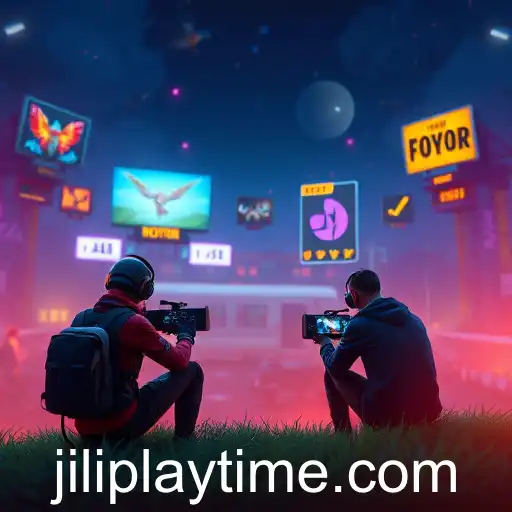
The landscape of gaming in 2025 is dramatically different from what it was just a few years ago. One of the most significant trends is the evolution of 'Playtime,' which has transcended traditional gameplay to incorporate augmented and virtual reality experiences on an unprecedented scale. As technology continues to evolve at a rapid pace, the gaming industry is set to become more immersive and interconnected than ever before.
The fusion of AR and VR technologies has revolutionized Playtime, allowing players to engage in environments that blur the lines between reality and fiction. These technologies have become more accessible to the average consumer, thanks to significant advancements in hardware affordability and internet connectivity. With wearable VR and AR devices, players can enjoy increasingly sophisticated gaming experiences that adapt to their movements, creating a highly personalized entertainment space.
Another driving force in this revolution is the surge in popularity of esports within the Playtime domain. Global competitions are now some of the most-watched sporting events in the world, offering lucrative prize pools and widespread recognition for top players. Comprehensive broadcasting of these events through various streaming platforms has also given rise to a new breed of celebrities in the form of professional gamers.
Educational and therapeutic applications of games have also seen remarkable growth. Playtime activities are now commonly used in educational settings to facilitate learning in an engaging manner. Similarly, healthcare professionals are incorporating gaming in treatment plans for mental health and rehabilitation, using the immersive environments to create more effective and motivating therapeutic exercises.
However, these advancements come with their set of challenges. Issues related to data privacy, digital addiction, and the need for responsible gaming have become more critical than ever. The industry's stakeholders are increasingly focusing on creating a safer Playtime environment while ensuring that games remain inclusive and accessible to all individuals.
As we step further into 2025 and beyond, Playtime continues to redefine itself. Technological advancements and societal needs will likely spur even more transformations, making this a thrilling time for gamers and developers alike.


